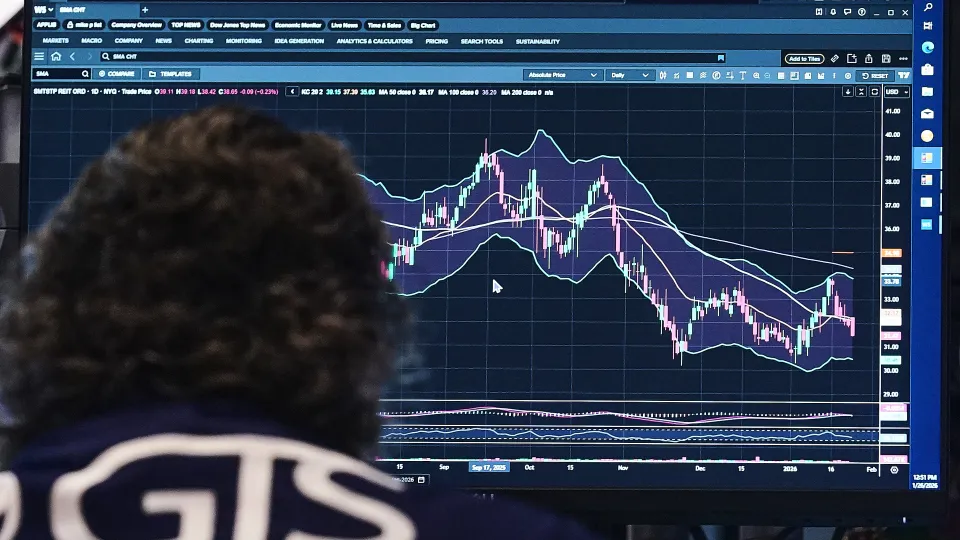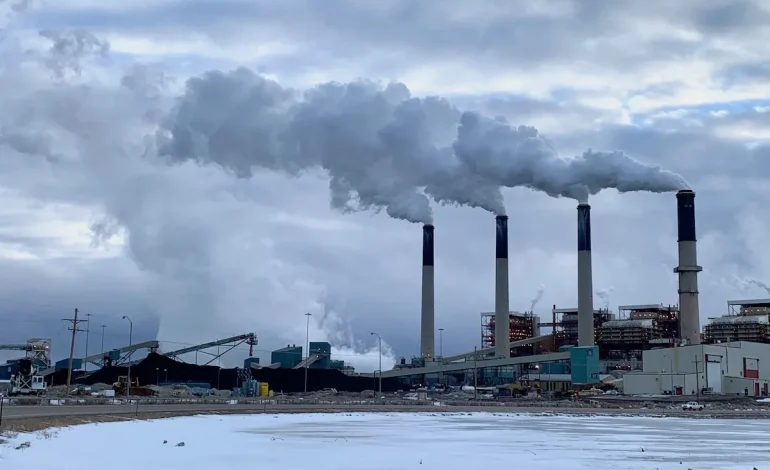Wyoming electricity customers see slight relief as utility adjusts its temporary rate increase, Oil City News reports.
Rocky Mountain Power, Wyoming’s largest electricity provider, has agreed to reduce a previously approved rate hike for its 144,000 customers. The rate adjustment follows negotiations with the Wyoming Office of Consumer Advocate and Wyoming Industrial Energy Consumers, a group that accounts for about 70% of the utility’s power consumption in the state.
The settlement, approved by the Wyoming Public Service Commission (PSC), lowers the company’s initial request of $86.4 million to $80.6 million — a reduction of approximately 7%. This adjustment will affect customer bills through June 2024, when the temporary rate hike is set to expire.
The rate increase, designed to offset unanticipated spikes in fuel costs, raises the average Wyoming customer’s monthly electric bill by about $11.95, according to Rocky Mountain Power spokesman David Eskelsen. The current charge appeared on bills starting in July 2024 as part of an annual cost adjustment process.
The utility faced scrutiny after acknowledging errors in its original calculation, which inflated the initial request. This is not the first time such errors have occurred. Consumer advocates criticized Rocky Mountain Power for similar miscalculations in past rate hike requests, raising concerns about transparency.
Rocky Mountain Power’s rate hikes are largely driven by the Energy Cost Adjustment Mechanism (ECAM), a system that allows the utility to adjust rates to account for the difference between projected and actual fuel and energy purchase costs.
For 2023, several key factors contributed to higher costs:
- Coal Supply Challenges: Declining US coal production and increased US coal exports to Europe (due to the war in Ukraine) created supply shortages and drove up prices. This forced Rocky Mountain Power to pay a premium to restock coal at its coal-fired power plants.
- Natural Gas Market Volatility: Natural gas prices fluctuated throughout the year due to extreme weather events and geopolitical factors. The utility had to rely more on natural gas generation and short-term energy purchases from power markets, both of which are costlier.
- Operational Costs at Power Plants: Downtime at some of the company’s generation facilities contributed to the utility’s expenses. The settlement agreement includes certain “compromises” on costs associated with these operational missteps.
These ongoing cost pressures are part of a broader trend across the US energy sector, where rising fuel prices and disruptions in supply chains are making electricity production more expensive.
The temporary rate hike is only one part of a broader effort by Rocky Mountain Power to recover costs from Wyoming customers. The utility has proposed a 14.7% permanent rate increase that is currently under review by the Wyoming Public Service Commission. This proposal has drawn criticism from the same consumer advocacy groups and industrial power users that contested the current fuel cost adjustment. The PSC is expected to consider the proposal in March 2025.
Notably, the company’s previous request for a 29.2% rate hike was reduced to 5.5% following a PSC review. Lawmakers and consumer groups raised concerns that Rocky Mountain Power had failed to adequately communicate the impact of its proposed increases to customers.
Looking ahead, there are signs that fuel costs may stabilize. The US Energy Information Administration (EIA) reported that US stockpiles of natural gas and coal are at their highest levels since 2016 and 2020, respectively. If these stockpiles remain stable, energy production costs could moderate, potentially providing relief to customers.
However, industry experts caution that commodity prices remain volatile due to unpredictable geopolitical events, global demand, and extreme weather. The transition away from coal at power plants, such as the recent conversion of two coal-burning units at the Jim Bridger power plant near Rock Springs to natural gas, could further impact costs.
Advocacy groups like the Wyoming Office of Consumer Advocate have expressed frustration with the repeated errors in rate hike calculations. Anthony Ornelas, an administrator for the Office of Consumer Advocate, highlighted the difficulties utilities face in managing coal supply contracts, noting that some coal suppliers have invoked force majeure clauses to renegotiate contracts, leading to higher costs.
The Wyoming Industrial Energy Consumers group has also voiced concerns, noting that the power-intensive businesses it represents are disproportionately affected by rising energy prices. This coalition played a key role in pushing for the settlement to reduce the size of the fuel adjustment.










The latest news in your social feeds
Subscribe to our social media platforms to stay tuned